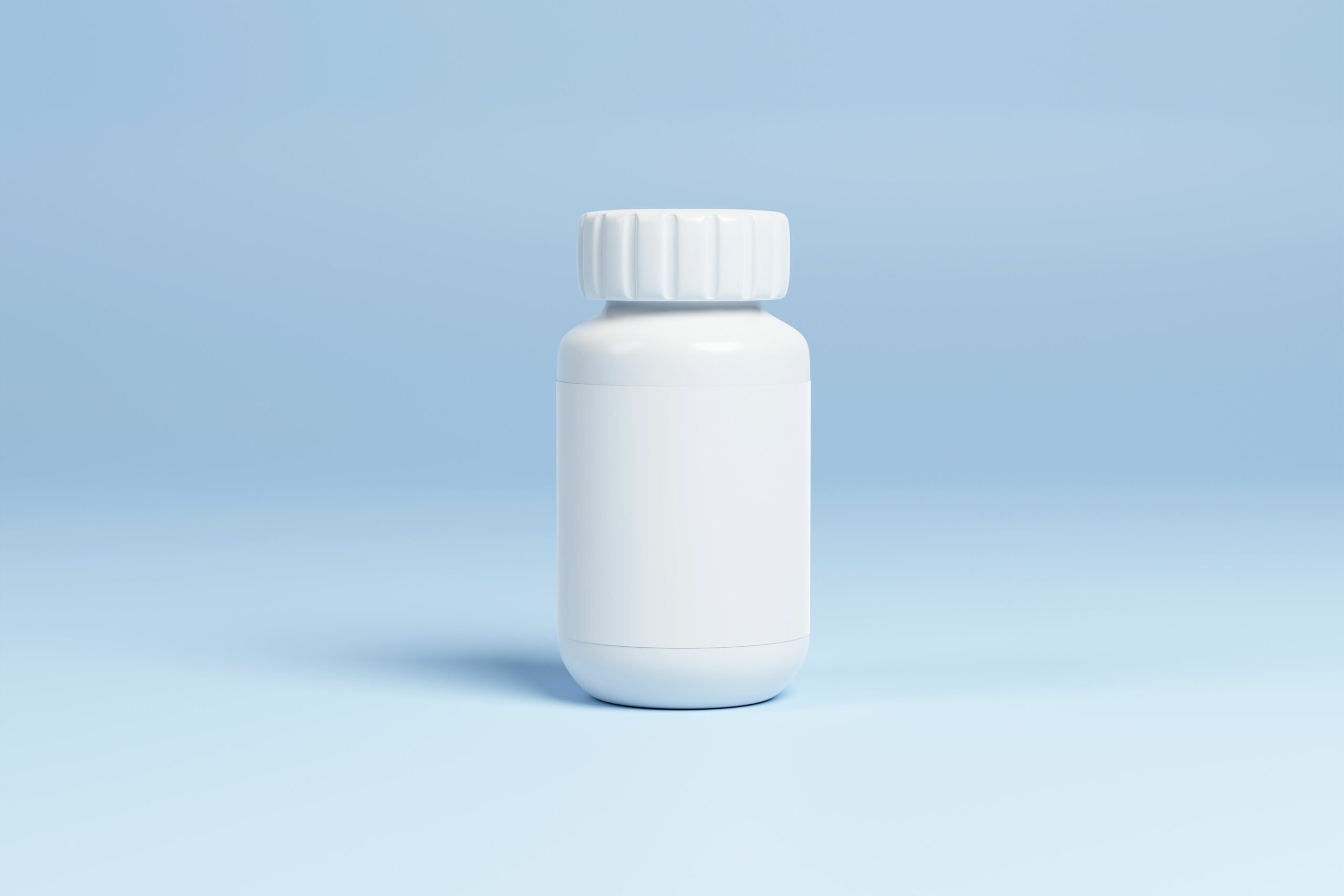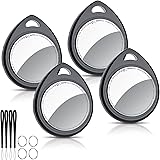Breakthrough Weight Loss Pill Shakes the Industry—Clinical Trials Reveal Stunning Results You Can’t Afford to Ignore!
Ever wondered if the future of weight loss could be as simple as popping a pill—no needles, no fuss, just easy, oral magic? Well, buckle up, because Eli Lilly—the same folks who brought us Mounjaro and Zepbound—have just dropped some serious news from their phase 3 clinical trials on a brand-new GLP-1 weight loss medication called orforglipron. Unlike the injectables we’ve come to know (and sometimes dread), orforglipron shakes things up by being an oral option—yes, you read that right! Experts say its side effect profile lines up pretty much with other GLP-1s like Ozempic, which means familiar terrain but in a more convenient form. This could be a huge game-changer for those who’ve been put off by needles or refrigeration hassles—and honestly, who wouldn’t be? Let’s dive into what this all means, what the data has shown, and why some specialists are buzzing about the possibilities. LEARN MORE
- Eli Lilly (the company behind Mounjaro and Zepbound) just announced impressive phase 3 clinical trial results for a new weight loss medication, orforglipron, a GLP-1.
- Orforglipron is an oral medication, not an injectable.
- Experts say that the drug has a similar side effect profile to other GLP-1s like Ozempic.
GLP-1s have been game-changers for people looking to manage their blood sugar and lose weight. But there’s an obvious downside that’s a deal-breaker for some: You have to inject yourself with the medication.
Now, new clinical trial results suggest that an oral form of this medication may be coming soon—and the results so far are impressive.
The drug, which is called orforglipron, is a glucagon-like peptide-1 (GLP-1) receptor agonist, like Ozempic. It’s made by Eli Lilly, the company behind injectable medications Mounjaro and Zepbound. Mounjaro is approved by the Food and Drug Adminstration (FDA) for blood sugar management in people with type 2 diabetes, and Zepbound is FDA-approved for weight loss—both have shown impressive weight loss results.
But while there are already oral GLP-1 medications on the market like the type 2 diabetes drug Rybelsus, they don’t have quite the same weight loss results that orforglipron is showing in clinical trials.
Here’s what the data found, plus, what a weight loss specialist wants you to keep in mind.
Meet the expert: Mir Ali, MD, medical director of MemorialCare Surgical Weight Loss Center at Orange Coast Medical Center in Fountain Valley, CA
What did the clinical trial find?
The clinical trial results were shared by Eli Lilly on Thursday.
For the phase 3 clinical trial, 3,127 adults with obesity or classified as overweight were given one of three different doses of orforglipron or a placebo. They were not given any restrictions on food or liquids during the 72-week study period. The researchers discovered that people who took 36 milligrams of orforglipron once a day lowered their body weight by an average of 12.4 percent (or 27.3 pounds) compared to 0.9 percent (2.2 pounds) in those who took a placebo.
The researchers also discovered that nearly 60 percent of participants who took the highest dose of the medication lost at least 10 percent of their body weight, while nearly 40 percent lost at least 15 percent of their body weight.
If the medication is approved by the FDA, it could be a game-changer for some, according to Mir Ali, MD, medical director of MemorialCare Surgical Weight Loss Center at Orange Coast Medical Center in Fountain Valley, CA. “Oral medications are easier to manage for patients overall,” he says. “Typically these can be stored in a bottle in a medicine cabinet and don’t need to be refrigerated. It’s also easier to take a pill than a shot. A lot of people don’t like giving themselves a shot.”
What side effects do people have on orforglipron?
The trial found that the safety profile of orforglipron was similar to what it is for other GLP-1 medications, like Ozempic. These were the most common side effects that people who took orforglipron reported in the trial:
- Nausea
- Constipation
- Diarrhea
- Vomiting
- Indigestion
Worth pointing out: Slightly more than 10 percent of people who took the highest dose of orforglipron stopped taking it because of side effects. “This has a very similar side effect profile to the injectables,” Dr. Ali confirms.
What happens next?
Orforglipron isn’t an FDA-approved medication, and more research is needed before Eli Lilly even submits data on it for approval. But an Eli Lilly spokesperson told Women’s Health that the company plans to submit data for orforglipron as a weight-loss drug to regulatory agencies by the end of this year.
Dr. Ali says this can be a “great addition” to weight loss medication options for patients. “It doesn’t seem that it will be quite as effective as injectables, but it will be a nice alternative,” he says.
Korin Miller is a freelance writer specializing in general wellness, sexual health and relationships, and lifestyle trends, with work appearing in Men’s Health, Women’s Health, Self, Glamour, and more. She has a master’s degree from American University, lives by the beach, and hopes to own a teacup pig and taco truck one day.




















Post Comment